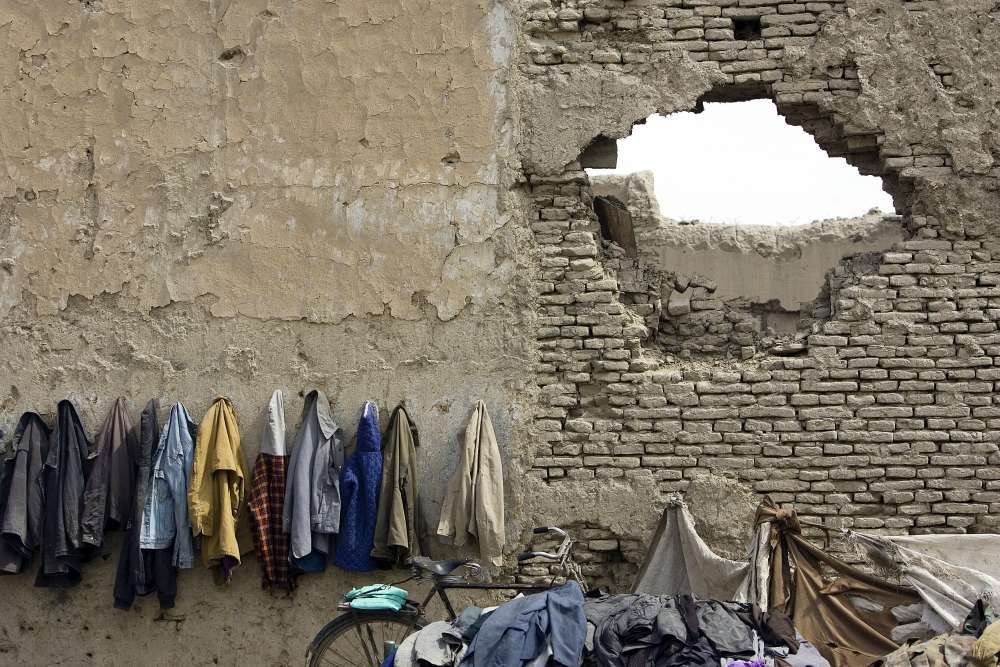Autonomous Weapon Systems: The Urgent Need for Regulation

This opinion piece is part of the the Global Governance Futures 2025 program which brings together young professionals to look ahead and recommend ways to address global challenges.
There are many in the world who do not support the development and use of self-determining weapons endowed with artificial intelligence. The arguments made by these critics are based on ethical, legal, moral and policy concerns. I cannot claim to be able to make a case for or against all their contentions, but as a lawyer, I am prepared to say that it is possible to have autonomous weapon systems (AWS) comply with international law, particularly the law of armed conflict. And if these technologies are indeed the future of our conflict zones, we need to start regulating their development, production and use now.
AWS, or killer robots as they are popularly known, are understood to be weapon systems capable of selecting targets and using force without any human intervention beyond the programming phase. They are different from automated or semi-autonomous weapon systems which execute pre-programmed actions in relatively controlled environments.
As we investigate autonomous weaponized technologies for the far-reaching repercussions they are expected to have on the well-being of populations and the world order, we realize that most governments, especially the ones that do not (yet) possess the technical expertise, do not have the advantage of experience or knowledge to advocate for responsible laws and policies for regulation of use and possession. Yet nearly all are engaging vigorously in discussions on AWS. As recently as November 2014, nations party to the United Nations Convention on Certain Conventional Weapons discussed the need for deliberations on lethal autonomous weapon systems that raise critical issues of legal and ethical consideration. This is because, regardless of their prevailing standards of associated expertise, countries realize that without regulating the production and use of such technologies, they are a time bomb waiting to explode and that will change the character of warfare for good. As such, demands to ban the development, production and use of AWS are also becoming more resolute.
To read the full article, please visit Global Policy online.







